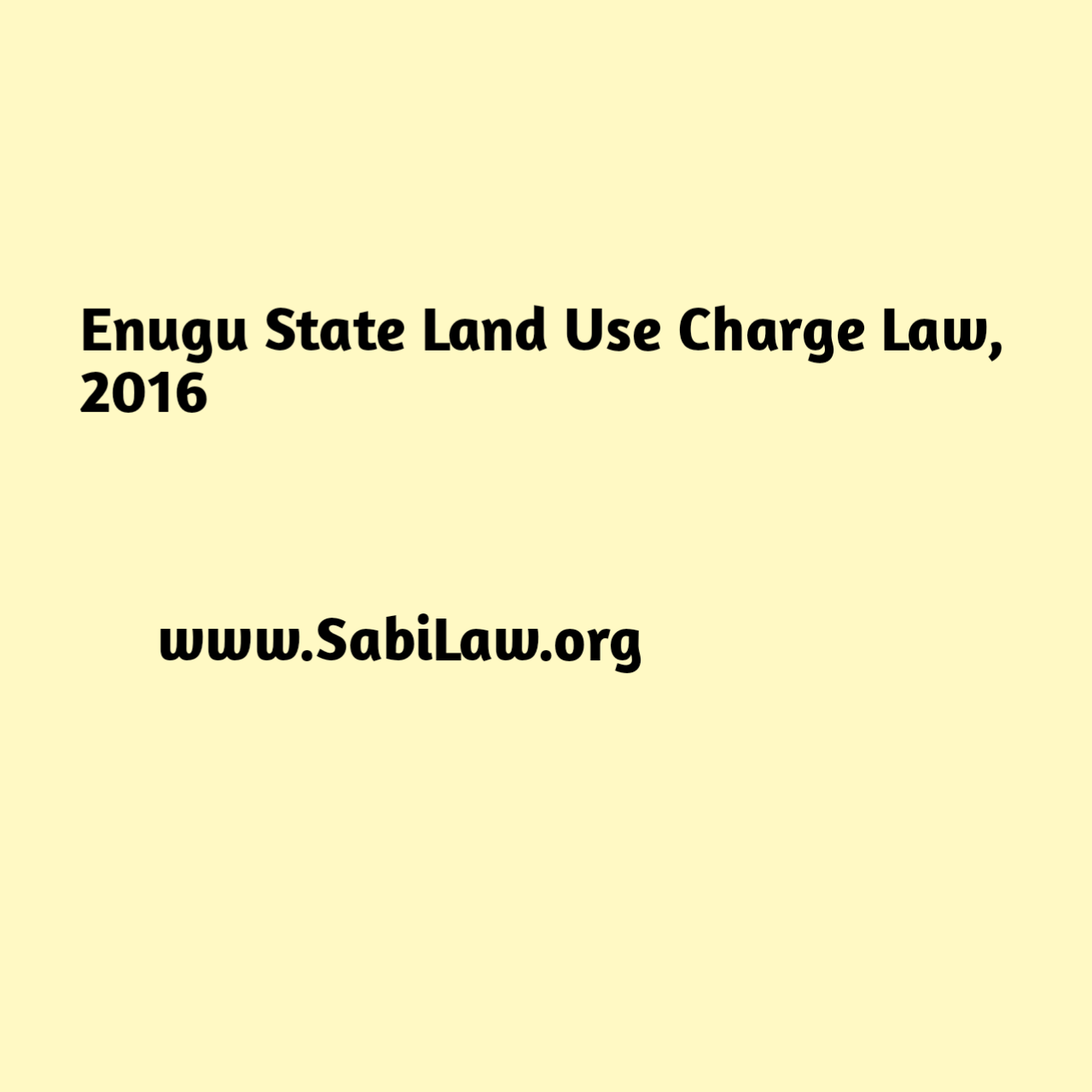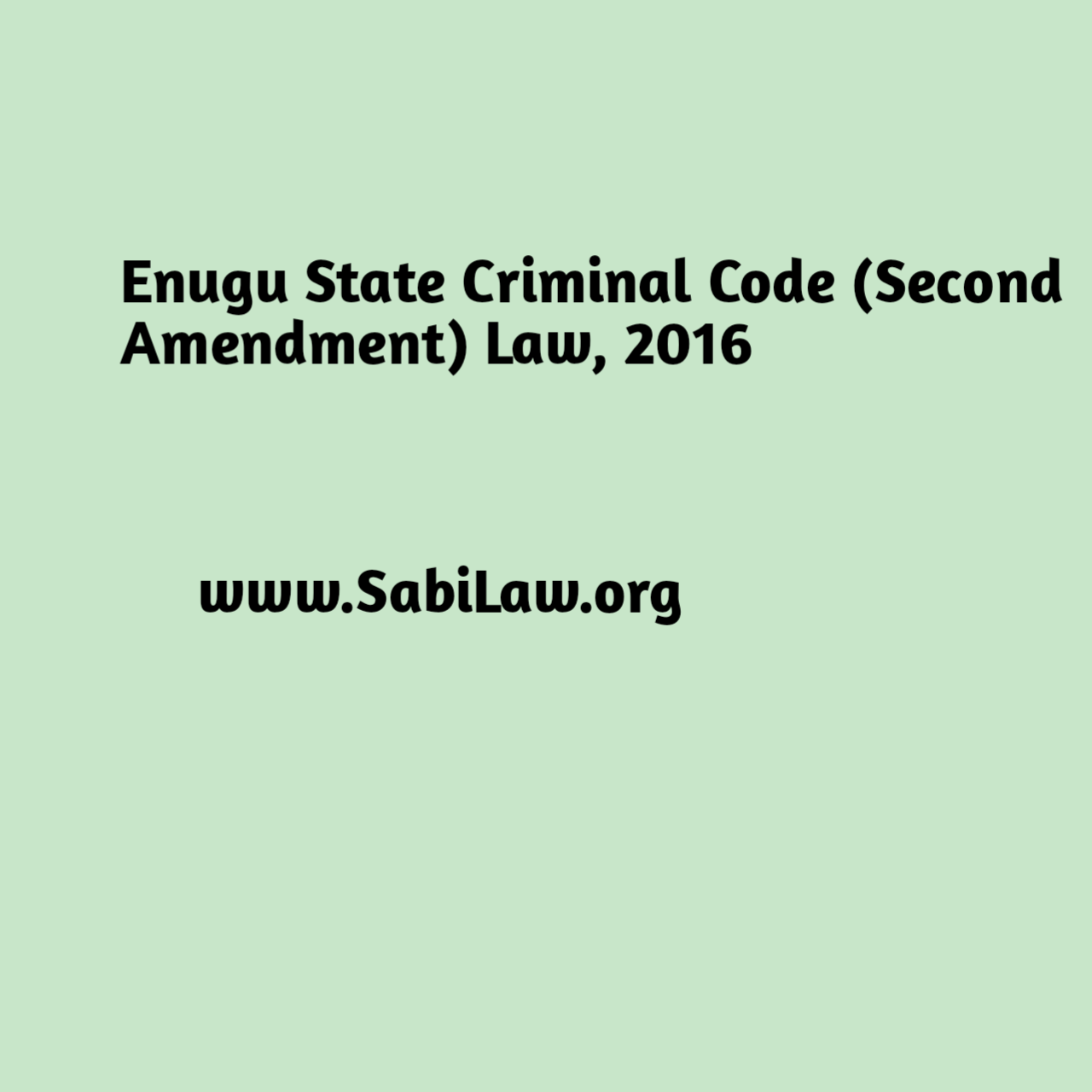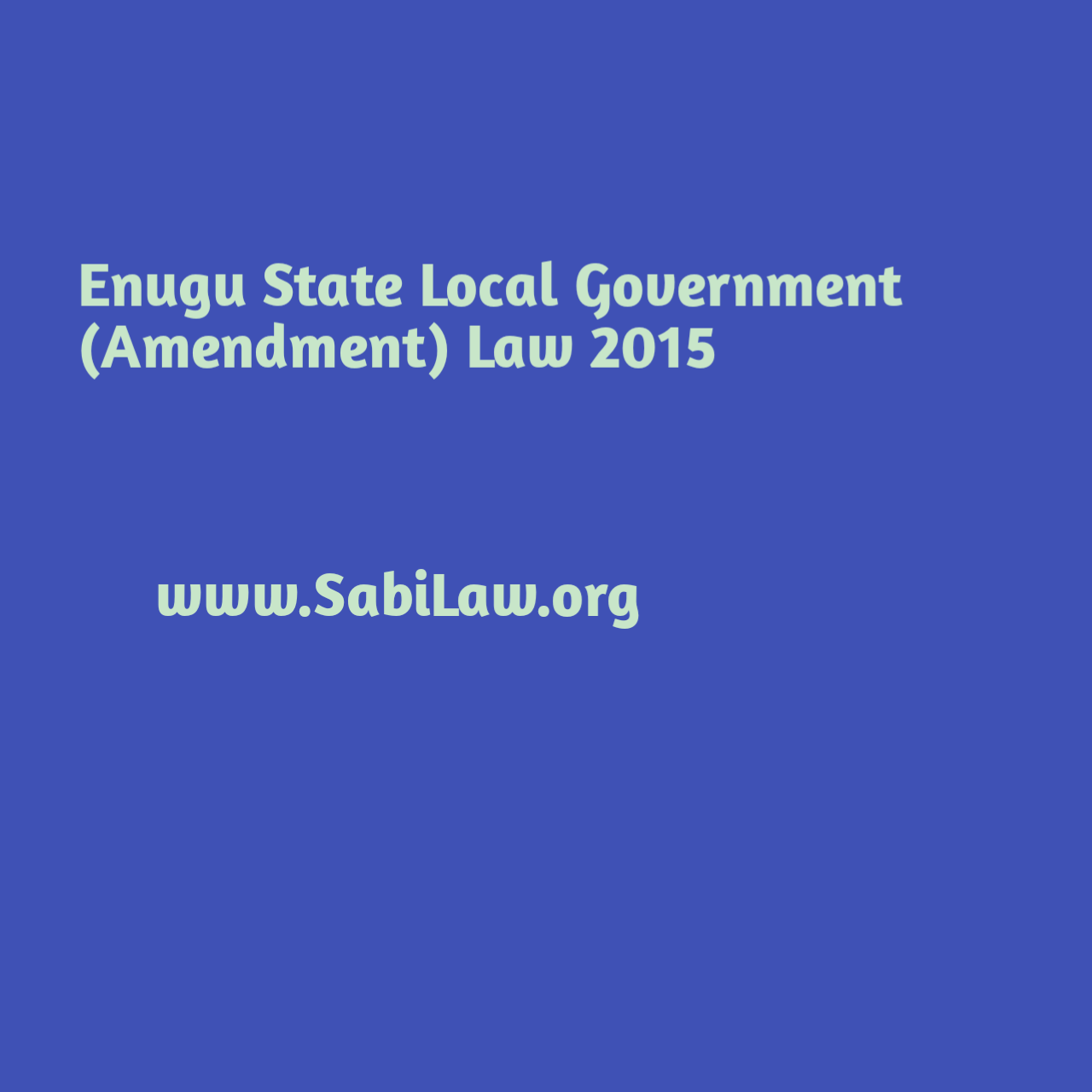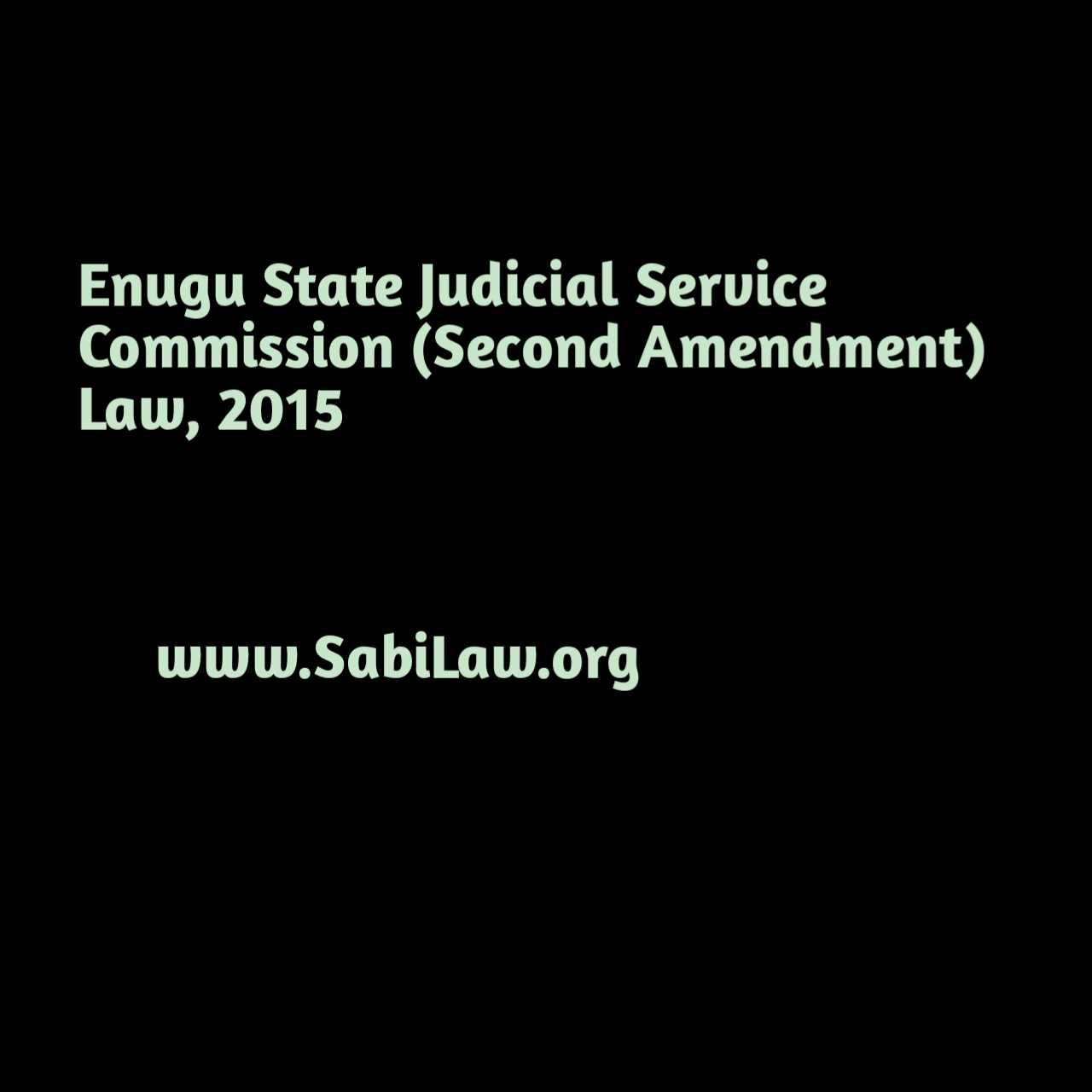1. PURCHASE/ SELL THROUGH CUSTOMARY LAW.
A Purchase/Sell through customary law is one done under the native law and custom of the people where the land is located (according to their customs that are not contrary to law). Customary law is the legally accepted way of doing things by a set of people that is not contrary to the provisions of Nigerian Constitution. The customs of the purchaser or seller does not matter rather the customs of the villagers, tribe and ethnic group where the land is situated at. This type of transaction comes to play with regards to land in villages, communities and some local government areas owned by the natives or sold by the natives. Land and its transactions are not alien to man; all tribes have peculiar ways, methods, rites and rituals for a valid purchase and sell of land. Hence a Yoruba man desirous to purchase a land in a village in Kano State through customary method must observe the customs of the natives of the land. In Benin, a customary law transaction is never complete without the consent of Oba of Benin. A customary law transaction in Mgbowo village in Enugu State is not complete without the killing of a chicken on the land. The customary requirements may include the killing of chickens, cooking of yam, drinking of palm wine, tying of palm leaves and open declaration of transaction before witnesses by the seller and the purchaser (aside the payment of purchase price). This type of transaction is native, customary and requires no documentation and writing. Courts may not acceptwritten evidence for such writing and documentation is alien to customary law transactions, although there is an argument that it is still safer to write. It is better to err on the side of surplus (ex abundantcautela). All what the law requires of purchaser and seller under customary law transaction is their observance of the customary law requirements of the land for a valid land transaction. The provisions of Conveyancing Act, Property and Conveyancing Laws do not regulate and affect land transactions under customary law.
INDICATORS OF A VALID CUSTOMARY LAW LAND TRANSACTION.
a) Consent Of Family/Village/Community Head:
Most of the land own customarily in Nigeria are communally own; hence the igbo’s often say that one person cannot sell land. A purchaser must sought and receive the consent and approval of the family or community or village head of the owners of the land as the case requires. Such approval must authorise the sale of the land in question and may include the terms of such sale. Where there is no head, then the family itself or elders or traditional ruling council can give such consent.
An individual cannot legally sale a land own by others or own by him and others. The consent of other owners of such land must be sought. Any land sold without necessary consent is invalid because one cannot give what he does not have. Often times, the search for consent of village-heads do equally provide hidden and undisclosed information about land.
b) Presence Of Parties :
They must be a meeting, understanding and agreement of parties (seller and purchaser) to beget a valid sale and purchase. The purchaser must be desirous of selling while the purchaser is desirous of buying both at agreed terms and condition. Both parties must have an understanding, the terms and conditions even though such need not be written. Purchaser must endeavour to meet and relate directly with the owner/seller or agent; the agent must show proof of his agency. The proof may be by oral confirmation of the land owner himself or by witnesses that are aware of such agency. This would guide the purchaser in establishing and keeping a good transaction record and chronology of his predecessors; such persons would be vital witnesses in court. Purchaser should ascertain that the land owner has a right to sell and not just a right to maintain and take care of the land in question. The purchaser should ascertain that the landowner has not sold the land himself or revoked the rights of his agent to sale on his behalf. Hence let parties (landowner/seller and purchaser) know themselves and transact directly to avoid assumptions, fraud, mistakes and regrets.
c) Payment Of Purchase Price:
There can never be a valid sale of land and a purchase of same under the customary law without considerations, cost and price in favour of the seller. The purchaser must lose something to the seller in place of the land. It may be in form of money or livestock or precious stone or land or farm produce or goods and services. A valid sale of land must be for something else. Where there is no payment of purchase price, such transaction will merely result into a gift, pledge and lease etc. Hence the purchaser has no total ownership as in the case of outright sale or alienation. Payment of purchase price must be subject to an agreed amount (part and balance) and within agreed time. The refusal to pay an outstanding balance of a purchase price (as at when due) can invalidate a land transaction.
d) Presence Of Witnesses:
Sale and purchase of land under customary law is not a nocturnal activity done behind doors to the exclusion of other persons. Rather it is a business that is done in broad day light with its resultant celebration before selected and concerned persons. Just like traditional marriage (marriage under the customary law) land transaction is often witnessed by people; family, friends, well-wishers and the elders. Purchaser is expected to invite his people like wise the seller to witness such transaction. Since customary law land transaction does not accept documentation, its proof is confirmation by witnesses to such transaction. Customary transaction is often done on the parcel of land to be sold for all witnesses to ascertain the boundary and things affixed to the land at the time of sale. Hence they can never be a valid sale of land and purchase of same without the presence of witnesses.
e) Possession By Purchaser:
Possession/occupation of land is a vital indictor of a successful purchase of land in customary law. A purchaser of land must take over possession of such land immediately. At the end of a valid land transaction, the legal and equitable title (physical and other unseen interest) on a land transfers from a seller to a purchaser absolutely and never to revert to the seller.
The purchaser can show that he is in possession by entering and occupying such land, leasing the land, planting of economic trees, fencing of land, erecting of structures, digging of well, putting of beacons, farming on the land and grazing among others. The subsequent registration of title acquired through customary law under the local government and the issuance of a valid Customary Right of Occupancy is yet another good proof of possession. A prospective purchaser who notices the existence of any of the above listed activities on a land should ask questions for it indicates possession and existence of human presence. If the seller fails to offer a convincing answer, purchaser must know that he might be on a lift to a fight; he should flee.
Where any of the above indicators is missing, the purchaser cannot have a good title/ownership to his purchased land. To avoid heart breaks, purchasers and their agents are advised to do comprehensive due diligence to avail themselves of vital information even as they strictly observe the customs of the natives in their purchase. If the above is not adhered to, the purchaser might baby-sit his regrets in a Customary Court of Appeal.





















































One Response
Sir,What are the customary cases relating to a village duties.